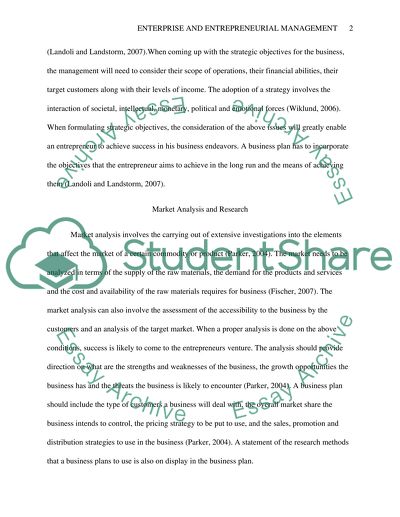Cite this document
(“Processes and definitions of Enterprise and Entrepreneurial Management Essay”, n.d.)
Retrieved de https://studentshare.org/finance-accounting/1392137-enterprise-and-entrepreneurial-management
Retrieved de https://studentshare.org/finance-accounting/1392137-enterprise-and-entrepreneurial-management
(Processes and Definitions of Enterprise and Entrepreneurial Management Essay)
https://studentshare.org/finance-accounting/1392137-enterprise-and-entrepreneurial-management.
https://studentshare.org/finance-accounting/1392137-enterprise-and-entrepreneurial-management.
“Processes and Definitions of Enterprise and Entrepreneurial Management Essay”, n.d. https://studentshare.org/finance-accounting/1392137-enterprise-and-entrepreneurial-management.


